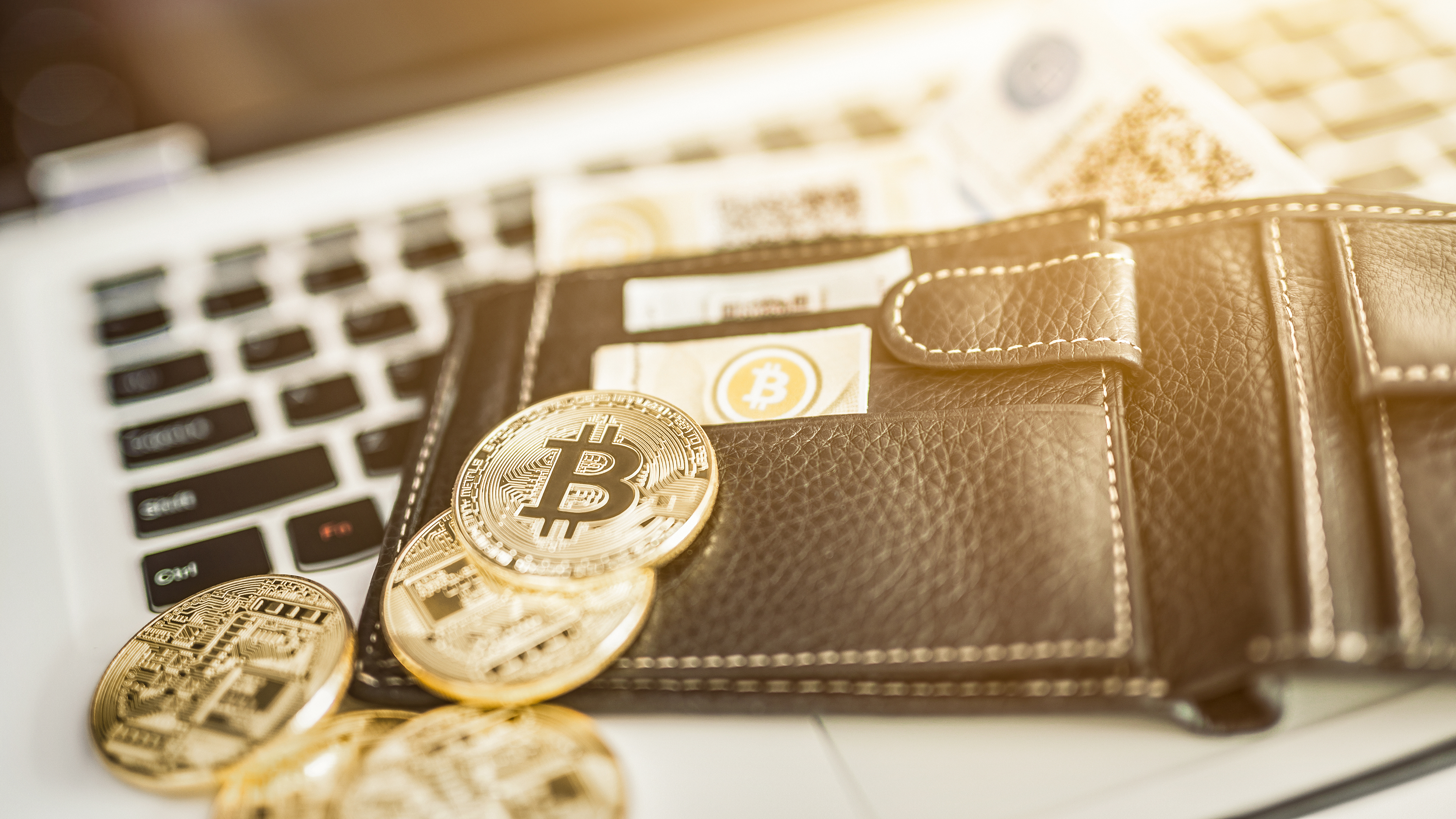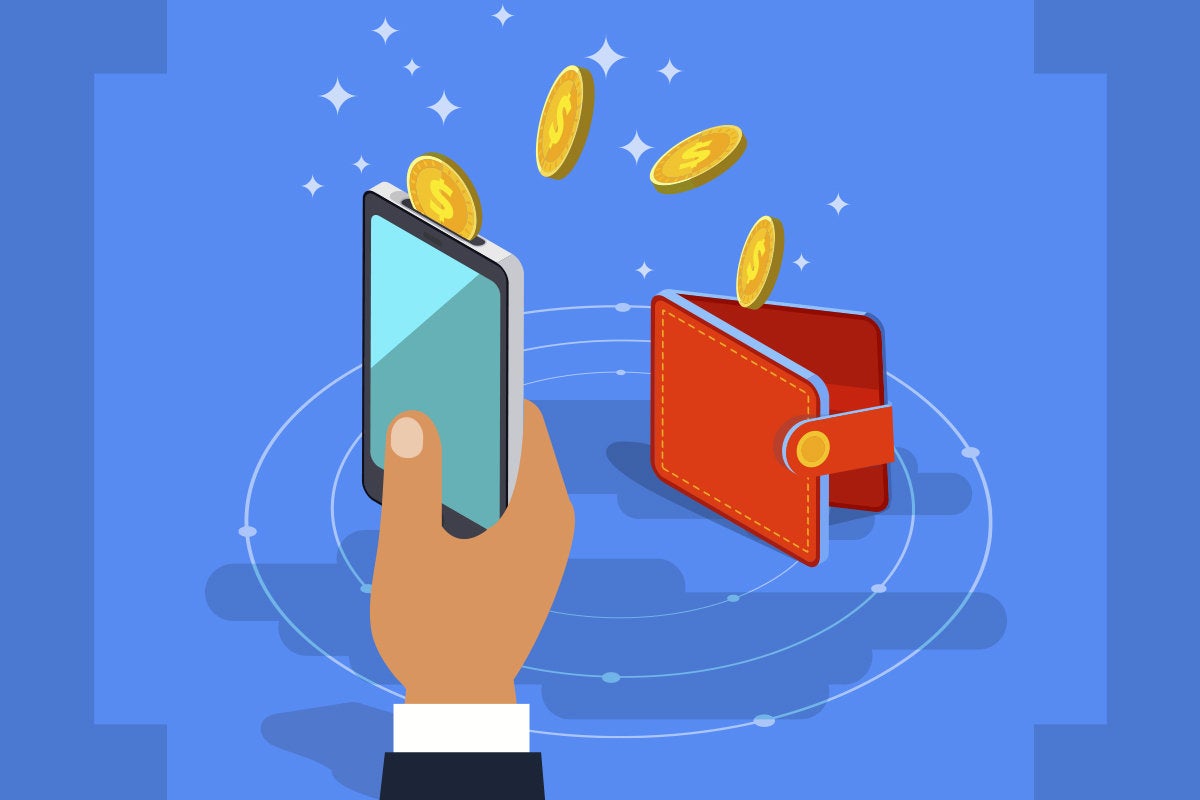

There are precautions you can take to look after your cryptocurrency. Read the Financial Markets Authority advice: External Link Protect yourself It is a maturing market especially for the use of cryptocurrency wallets and cryptocurrency exchanges – investigate the technologies being used before committing any money.ĬERT NZ recommends you get advice before making financial decisions.



If the exchange is targeted by a DDoS attack and goes down, or the business closes and goes offline, you’d lose your cryptocurrency, such as Bitcoin. If you prefer to use an exchange’s wallet services, look for a reputable one. It needs to be kept securely, either on your own device or with an exchange. And if you can’t log into your wallet, you can’t access any of the funds in it. It’s generated specifically for you and you’re the only person who has access to it.
BLOCKCHAIN WALLET SAFE PASSWORD
If you forget your private key - which is basically the password for your wallet - you won’t be able to retrieve it anywhere. You can look after your own digital wallet, or you can keep your cryptocurrency in an exchange’s wallet and they’ll look after it on your behalf. Things to look out forĬryptocurrencies are held in digital wallets. When they entered in their password and username for the exchange and refreshed the page, they noticed their wallet had been emptied. In another case, someone clicked a link in a phishing email which appeared to be from the cryptocurrency exchange they use. They realised something was wrong when they checked their wallet to find all their cryptocurrency had been removed, which resulted in a loss of $100,000 NZD. They tried to login into their account via the application and it failed. They use these to get log-in details or private keys to transfer cryptocurrency into their accounts.įor example, recently someone clicked on an advert, which downloaded a program associated with cryptocurrency.


 0 kommentar(er)
0 kommentar(er)
